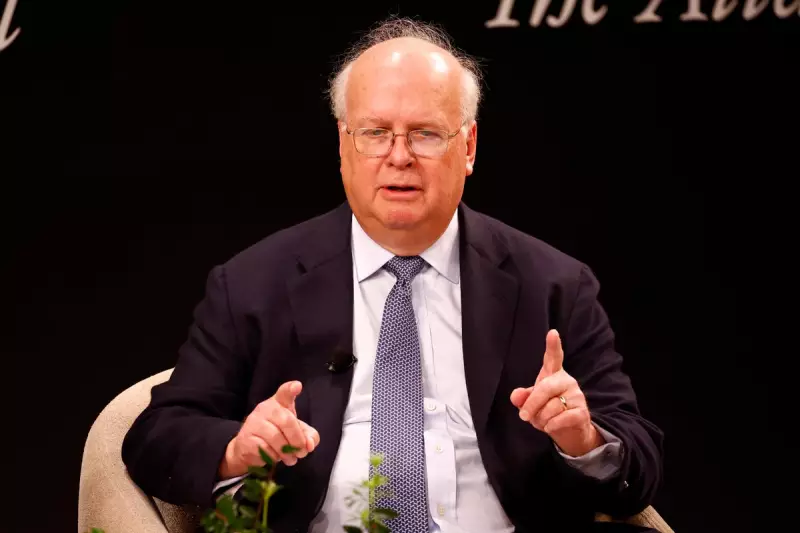
In a remarkable public denouncement that has sent shockwaves through American conservative circles, veteran Republican strategist Karl Rove has condemned prominent activist Charlie Kirk for his continued promotion of baseless election fraud claims.
The confrontation unfolded during a recent broadcast of Kirk's show on the Salem Radio Network, where Rove served as a guest. The discussion quickly turned heated when Kirk began advancing unfounded theories about the 2020 presidential election.
A Clash of Generations
Rove, the architect behind George W. Bush's presidential victories and a longstanding pillar of the Republican establishment, did not mince words. He directly challenged Kirk's assertion that Democrats had 'stolen the election,' calling such rhetoric fundamentally 'un-American.'
'This is not good for our country, and it's not good for our party,' Rove stated emphatically during the exchange. His comments represent a significant moment of intergenerational conflict within the conservative movement.
The Dangerous Game of Election Denial
Rove pointed to practical consequences of such claims, noting that they discourage Republican voters from participating in elections under the false belief that their votes won't count. He emphasised that this narrative ultimately harms conservative candidates who rely on high voter turnout.
The strategist, known as 'The Architect' for his successful campaign strategies, argued that perpetuating false claims without evidence undermines the very foundation of American democracy and damages the credibility of the conservative movement.
Kirk's Defiant Response
Despite Rove's credentials and experience, Kirk remained defiant. The Turning Point USA founder insisted that questioning election integrity was legitimate, despite numerous courts, election officials, and Trump's own attorney general finding no evidence of widespread fraud that could have altered the 2020 outcome.
This public spat highlights the ongoing struggle within the Republican Party between its traditional wing, represented by figures like Rove, and the newer, more populist elements that have gained prominence since Donald Trump's 2016 campaign.
Broader Implications for Conservatism
Political analysts suggest this confrontation signals deeper ideological fractures within American conservatism. The debate pits those advocating for traditional political engagement against those promoting more confrontational approaches based on disputed claims.
As the 2024 election approaches, this division presents significant challenges for Republican unity and electoral strategy, with party leaders attempting to navigate between these competing factions while maintaining voter enthusiasm.






